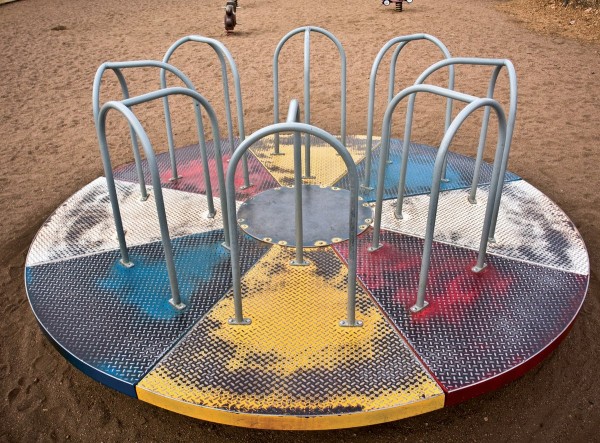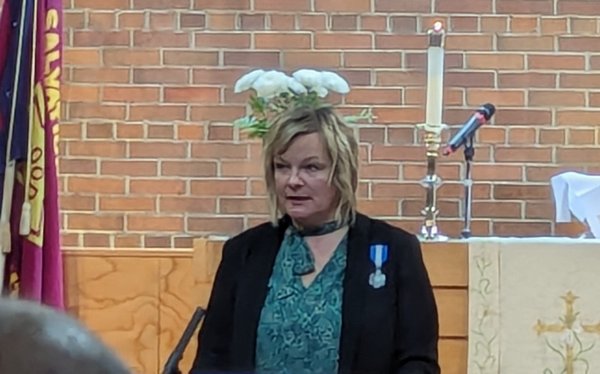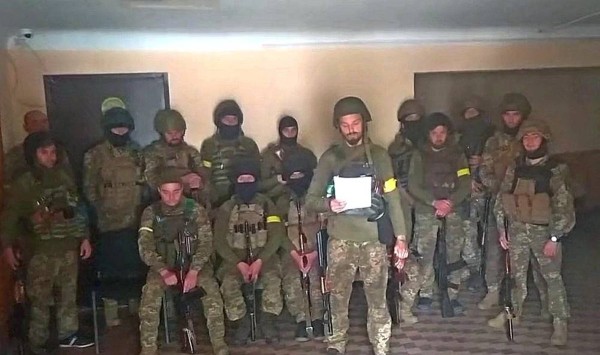Yet they will slow it down even further
After vehemently accusing Latvia and Estonia of denying citizenship to stateless residents, Russia instituted legislation removing visa requirements for stateless residents of Latvia and Estonia visiting Russia.
Russian president Dmitri Medvedev recently proclaimed the new law, which gives former citizens of the Soviet Union who have not acquired Latvian or Estonian citizenship privileges that others in the two Baltic countries do not enjoy (with the exception of Russian citizens).
As valid travel documents the stateless individual must present a Latvian non-citizen’s passport or an Estonian alien’s passport. Minors traveling to Russia must present a birth certificate and possess either one of the documents named above or be named in their parent’s passport.
According to Estonia’s foreign minister Urmas Paet, the new legislation is hypocritical, since at every available opportunity for the past 17 years Russia has accused Estonia’s naturalization process as being overly slow.
“But with this new decision, Russia is actually slowing the process even further, because it removes the necessary incentive to acquire Estonian citizenship. It is sad to state that Russia is acting directly in opposition to its proclaimed position, ” Paet added.
The Latvian foreign ministry indicated the Russian move would actually hinder integration of non-Latvians and negatively affect current negotiations between the European Union and Russia on easing visa requirements. It will also not ensure opportunities for non-citizens to enjoy the benefits provided by the status of a European Union citizen.
The approximately 400,000 stateless residents of Latvia and Estonia have been a pet object of Moscow ever since the two Baltic region states re-established their independence in 1991. Citizenship in both countries is not based on racial or ethnic criteria, but rather on prewar citizenship of the individual in question or of his/her parents/grandparents. Therefore one does not need to be of Latvian or Estonian ethnic heritage to qualify for automatic citizenship.
The naturalization process requires a minimal knowledge of the language and of course a willingness to make application for citizenship. Moscow has claimed that the naturalization process has been an obstacle, deliberately instituted by the respective Latvian and Estonian governments.
During the rapid industrialization of Latvia and Estonia under Soviet occupation, hundreds of thousands of Russian workers were deliberately moved into the two countries. Sprawling apartment complexes were provided for the new workers while new housing for local Estonians and Latvians was practically non-existent. Locals were denied access to the new housing developments.
The massive placement of non-Estonian and non-Latvian workers into Estonia and Latvia was in support of Moscow’s aim to Russify the Baltic region, to effectively eliminate the indigenous culture, a society that was always perceived to be anti-Moscow and anti-Soviet.
The Kremlin’s current accusations are, in effect, a political hangover of the Soviet imperialistic era.
Citizenship process too slow, Russia says (41)
Archived Articles | 27 Jun 2008 | Estonian Central Council in CanadaEWR
Viimased kommentaarid
Kommentaarid on kirjutatud EWR lugejate poolt. Nende sisu ei pruugi ühtida EWR toimetuse seisukohtadega.
Which is kinda sad, because out of the woodwork come the same old critics laughing and displaying their very worst forms of public behaviour possible. It really makes me wonder what on earth these people are up to, and why they get upset with others who want to enliven and inject fresh sunshine into an otherwise dour subject-like bridging Estonian feelings beyond the pale and the Atlantic.
Only with a heart of stone could someone read your little story and not laugh.
And may I add….a regime that still hasn’t condemned the actions of these atrocities. I would be interested to know how Russians feel about this. Yes, we must, keep a level headedness when speaking of these issues & keep these sensitivities in mind, including you Maxim. The bashing comment, a little extreme.
My mother had discovered that her name was put on the list for deportations, for being married to a ferry captain, before she escaped Estonia. Her brother killed in Leningrad. I watch her, listen to others stories of the deportations at Kuditamisse Paev remembrances. A lively person but every year, she does the same thing. She is silent and in her own world, quiet until I drive her home, and then I watch her go through the psychological process of being triggered and remembering again what she went through. She has survived, but there is still something deep in there, an innocence lost.
So...what I'm trying to say is....oh...I don't know what I'm trying to say anymore......
My mother had discovered that her name was put on the list for deportations, for being married to a ferry captain, before she escaped Estonia. Her brother killed in Leningrad. I watch her, listen to others stories of the deportations at Kuditamisse Paev remembrances. A lively person but every year, she does the same thing. She is silent and in her own world, quiet until I drive her home, and then I watch her go through the psychological process of being triggered and remembering again what she went through. She has survived, but there is still something deep in there, an innocence lost.
So...what I'm trying to say is....oh...I don't know what I'm trying to say anymore......
Archived Articles
TRENDING




















